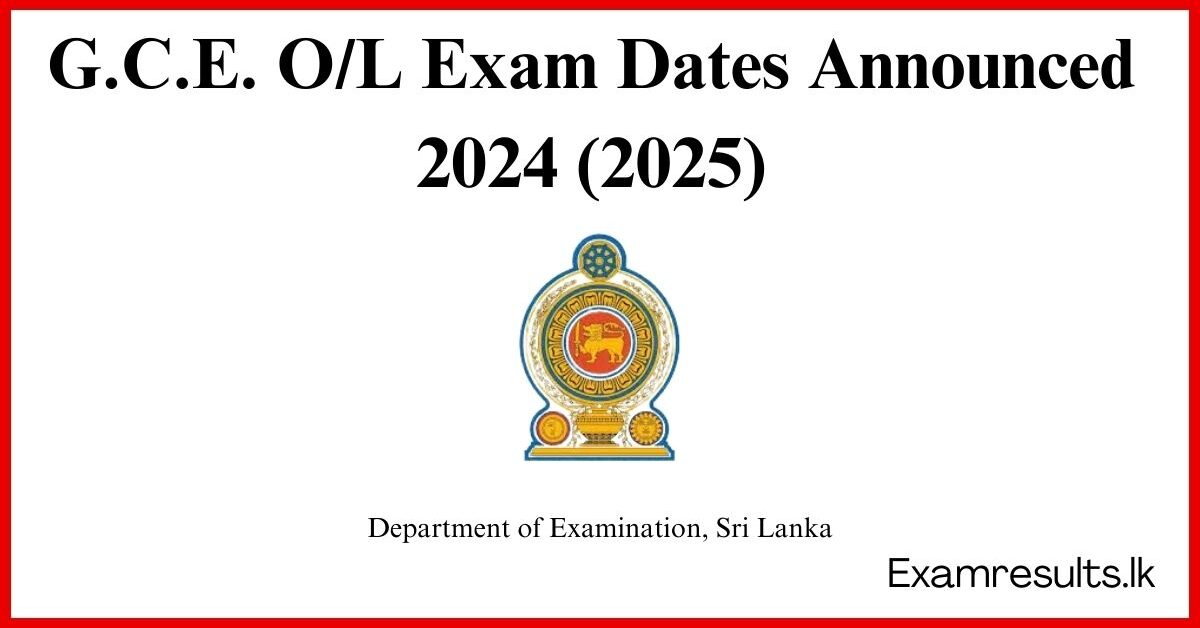Reviewing Exam Results Effectively: Your Pathway to Progress
A Guide to Reviewing Exam Results Effectively for Continuous Improvement
Unlock the art of reviewing exam results effectively to enhance your learning journey. Learn how to analyze your scores, identify trends, and utilize insights for better performance in future endeavors.
Every exam you take, whether academic or professional, provides valuable feedback on your knowledge and skills.Reviewing exam results effectively can turn these insights into stepping stones for your growth and success.

In this comprehensive guide, we’ll walk you through the process of analyzing your exam scores, interpreting patterns, and translating these findings into actionable strategies for improvement.
Introduction: Navigating the World of Exam Results
Reviewing exam results is more than just looking at numbers; it’s about gaining a deeper understanding of your performance.
By diving into your scores, you can uncover strengths you might not have realized and address areas that need improvement.
This article will take you through the journey of reviewing exam results effectively and utilizing the information to fuel your learning journey.
Reviewing Exam Results: A Step-by-Step Approach
To make the most of your exam results, follow these steps to review and analyze them effectively:
Understanding Your Score Report
Every exam score comes with a detailed report. Familiarize yourself with the layout and terminology used. This might include percentile rankings, subscores, and explanations of how the score was calculated.
Examining Percentile Rankings
Percentile rankings give you a sense of where you stand in comparison to other test-takers. For instance, if you’re in the 75th percentile, you performed better than 75% of the participants. This context helps you gauge the significance of your score.
Delving into Subscores and Sections
Many exams have multiple sections that evaluate different skills or topics. Analyzing subscores can highlight specific strengths and weaknesses. This enables you to tailor your study plan to focus on the areas that need the most attention.
Identifying Performance Trends
By reviewing scores from multiple exams, you can identify patterns in your performance.
Are there subjects you consistently excel in? Are there question types that challenge you?
Recognizing these trends guides your study strategies.
Comparing Progress Over Time
If you’ve taken the same exam more than once, compare your scores to track progress. Are your scores improving, remaining consistent, or declining?
This information helps you assess the effectiveness of your study methods.
Seeking Expert Advice
If you’re unsure how to interpret certain aspects of your score report, don’t hesitate to seek guidance from teachers, mentors, or educational professionals.
Their insights can provide valuable clarity.
Utilizing Insights for Growth
Reviewing exam results goes beyond analysis; it’s about using insights to propel your growth. Here’s how to put your findings to practical use:
Tailoring Study Approaches
Armed with insights about your performance, customize your study techniques.
Dedicate more time to areas that need improvement while reinforcing what you’re already good at. This personalized approach maximizes your learning process.
Setting Realistic Goals
Reviewing your exam results helps you set achievable goals. Use your current performance as a baseline to determine what you can realistically aim for in future exams.
Accessing Additional Resources
If certain topics or question types consistently challenge you, consider seeking supplementary resources. Online tutorials, practice exams, and study groups can provide the extra support you need.
Refining Test-Taking Strategies
Your exam results might reveal specific areas where your test-taking strategies could be improved. Focus on time management, question interpretation, and maintaining a calm mindset under pressure.
Addressing Test Anxiety
Low scores aren’t always indicative of poor knowledge; test anxiety can also play a role. Implement relaxation techniques, mindfulness practices, and positive self-talk to manage anxiety and improve performance.
FAQs About Reviewing Exam Results Effectively
How can I avoid becoming discouraged by low scores?
Remember that exam scores are snapshots of your performance at a specific time. Use them as stepping stones for improvement rather than as judgments of your abilities.
Can reviewing exam results help me understand my learning style better?
Absolutely. By analyzing your performance trends, you can identify the study techniques and strategies that work best for you.
Are there exams where a high score isn’t necessarily better?
Yes, some exams have score ranges that correspond to different proficiency levels. A score within a specific range might be more suitable for your goals.
Can reviewing my scores replace preparing for future exams?
No, reviewing exam results complements exam preparation but doesn’t replace it. Use your insights to enhance your preparation strategies.
How can I use my performance trends to my advantage?
Identify subjects or topics that consistently challenge you. Allocate more time to these areas during your study sessions to improve your overall performance.
Is it worth retaking an exam if my scores are slightly below my target?
Retaking an exam is a personal decision that depends on your goals and the time and effort required. Consider the potential benefits and drawbacks.
Conclusion: Empowering Your Educational Journey
Reviewing exam results effectively is a skill that equips you with valuable insights for your educational journey. By analyzing your scores, identifying trends, and taking actionable steps, you can continuously improve your performance and reach your academic and professional goals.
Embrace the process of review, turn insights into strategies, and set forth on a path of growth and achievement.



